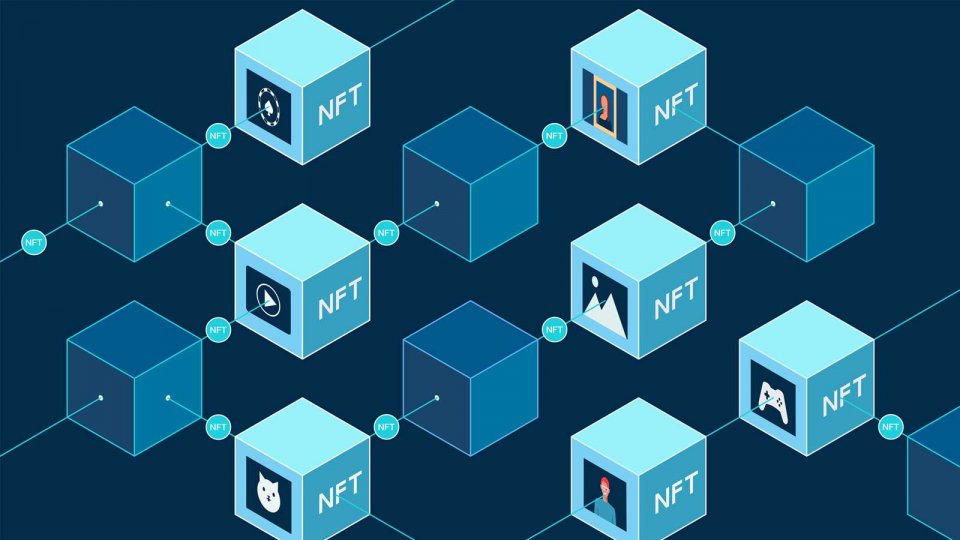
Blockchain technology has emerged as a groundbreaking innovation, fundamentally changing how we think about data security, transactions, and trust in digital environments. At its core, a blockchain is a decentralized digital ledger that records transactions across a network of computers in a way that is transparent, secure, and immutable.
What is Blockchain?
In a blockchain, each transaction is grouped into a “block.” These blocks are linked together in a chronological chain, forming a complete history of all transactions. This structure ensures that once data has been recorded, it cannot be altered without the consensus of the network, making fraud incredibly difficult.
Key Features of Blockchain
- Decentralization: Unlike traditional databases that are controlled by a single entity, blockchains distribute data across a network. This means that no single party has control, enhancing security and reducing the risk of fraud.
- Transparency: All participants in the blockchain network can view the entire chain of transactions, fostering trust and accountability. Any changes made to the ledger are visible to all users, providing an unprecedented level of oversight.
- Immutability: Once a transaction is recorded on the blockchain, it cannot be changed or deleted. This feature is critical for maintaining a reliable and trustworthy record.
Applications of Blockchain Technology
While blockchain is best known as the underlying technology for cryptocurrencies like Bitcoin, its potential extends far beyond digital currencies. Industries such as supply chain management utilize blockchain to track the provenance of goods, ensuring transparency from production to delivery. In healthcare, patient records can be securely stored and shared among authorized providers, enhancing data security and improving patient care.
Smart contracts, another innovative application, allow for automated agreements that execute when predefined conditions are met, eliminating the need for intermediaries.
Conclusion
As blockchain technology continues to evolve, its impact on various sectors will likely grow. For beginners, understanding blockchain is not just about grasping how cryptocurrencies work; it’s about recognizing a new paradigm of trust, security, and efficiency that can reshape industries.

